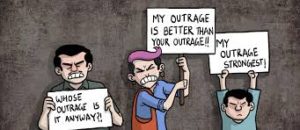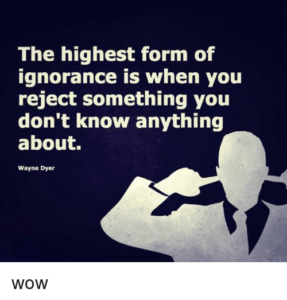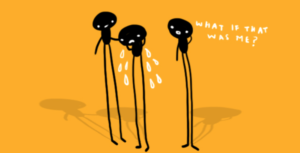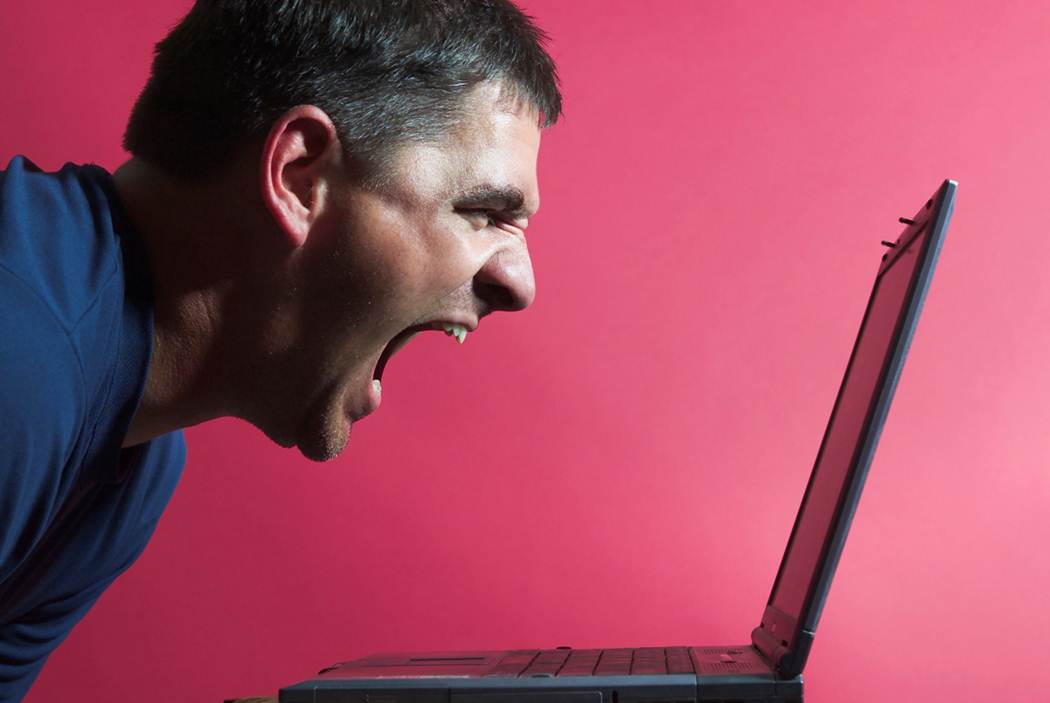Outrage Culture (The Effects of Modern Media) – Oli Hurley
The modern social and political situation is, to say it lightly, a mess. I’m not saying there was a time when this wasn’t the case, politics has always been a very sticky situation, but with the rise of the internet, social media and the modern person’s constant exposure to politics, things have certainly gotten more complicated. We seem to live in an age where everyone is forced to choose a side, an age where so many believe that to shout the loudest is to win the debate, and so many want to join the debate. This culture of division and outrage may be perhaps traced back to the monumental changes in how we interact with the media and the news around us.

The media has always been concentrated on finding a story people will pay for, that people will listen to. With time this has led the news to focus on those things which appeal so deeply to our instincts and emotions. It is perhaps through this appeal to the base emotions that society as a whole began to develop such a reactionary outlook on life. Often we see in this new age of instant twitter posts and “inconsequential” snaps, that people are extremely keen to voice their opinion on whatever new sensationalist headline is making the rounds. Of course I am not saying that none of these headlines matter, they do (most of the time). The problem arrives however in the cumulative effect of these headlines. Being bombarded with such hard hitting and extremely troubling news on a daily basis can lead us to see things less clearly. We start to take sides, get lost in our passion, ignore the details and take each headline as a reinforcement of our established outrage.

Within us all is a primal urge to cast blame, to want to feel angry, passionate, upset. As we become lost in these emotions we start to not only lose the subtleties of stories, but we also seem to forget the humanity behind every story. From the comfort of our screens and sofas we name call, we indulge our prejudices, we wish death upon those involved, we forget the human behind that screen (or page). If you were in that situation, or knew those involved you may see things differently, you may be outraged at those who so flippantly lash out their thoughtless comments, spurred on by the media’s constant approval of their condemnation. It is a sad reality that we see this sought of brash, explosive behaviour from all sides now (if there are truly any concrete sides).
Even groups that at the same time argue for peace, acceptance and love, lash out violently with threats as their keyboard enables them to instantly retaliate to any criticism, whether respectful or not, or antagonistic news story. In so violently rejecting anything that spurs our ire we create for ourselves a bubble (ironic I know), we refuse to look into why things are as they are, we forget to question. We naively think we can cause change by screaming the loudest.

Sadly this culture of instinctive and thoughtless response doesn’t end with the big scary out side world. It seeps into our personal lives too. Think of the amount of times you’ve reacted over hastily to some recent gossip or even to a recent exam result. Instead of taking into account all the factors, diving deeper into the why, or whether those involved are okay, we’d rather choose the easy way out, out instinctual judgement, on either ourselves or others.
I don’t wish to be all doom and gloom, mildly ironic seeing as how I’m partially advertising against obsessing over negative stories, but I am naturally an optimist so here we go . Of course the rise in how many people are being prompted to try and cause change, to become involved in some way or another, is an amazing development. As seen from the recent global warming strikes and marches, this outrage can be used for good. The problem comes mainly from ignorance and a lack of empathy (in itself a bi-product of ignorance).

So how can I improve, I hear you say, well I have a few tips and tricks.
Firstly try to keep an open mind to any situation that arises. Simply think, “what would I do in that situation? How would I feel?”, and by this I mean really think, not just guess at what you might do from an extremely distant point of view, but really imagine the situation others are in. And if you find that hard this is where my second tip comes in (Cue handy link to world book day a week or so ago ). Reading, predominately books that challenge your perceptions of life. Go out of your comfort zone, read something that makes you understand the world and its woes a bit more. But particularly try and do a bit more research on those things which you may see that upset you, find out what happened, who was really at fault? Was any one at fault? Is my outrage really in proportion? If we can all just remember to always check ourselves before responding, before sending out that quick tweet, speedy snap, or controversial rumour. Perhaps one day you’ll find yourself learning more than you ever knew about the realities of this both wonderful and simultaneously disastrous world we all share as human beings.
















Post Comment
You must be logged in to post a comment.